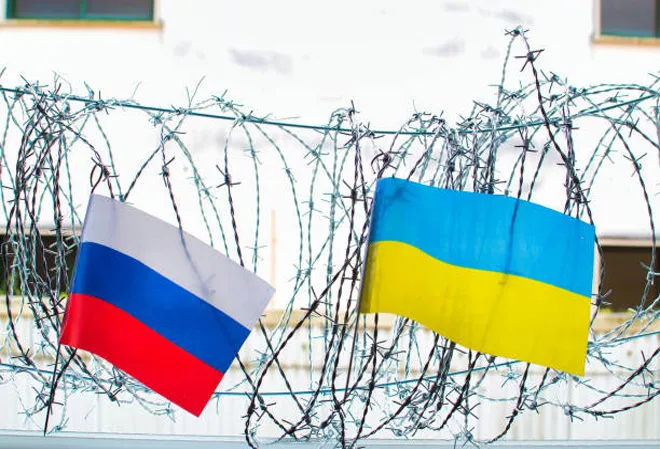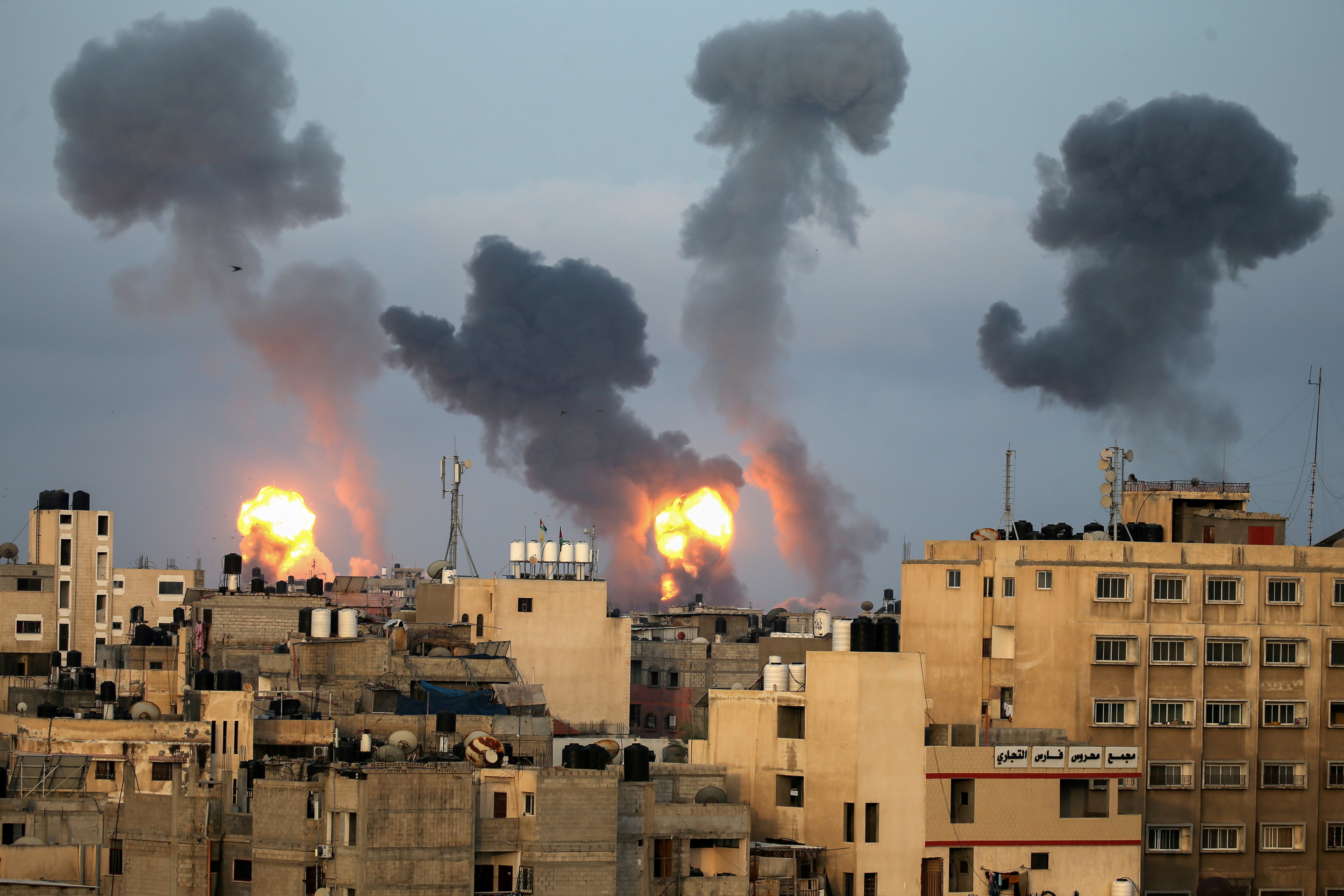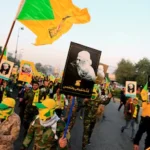Europe is facing a difficult situation. Europe’s Dilemma in Ukraine-Russia and the Hamas-Israel conflicts have put them under diplomatic pressure. Although Europe did not start these conflicts, they are still affected by them. Europe promotes peace, democracy, and human rights. But they also face economic challenges. Europe must choose sides in these conflicts, which creates many paradoxes.
Balancing Peace and Security
Europe wants to promote peace and security globally. However, taking strong actions can lead to unintended consequences. For example, supporting Ukraine too aggressively might provoke Russia. This could lead to a broader conflict in Europe. Similarly, strong support for Israel might increase tensions in the Middle East. Europe’s diplomatic actions need to be carefully balanced to avoid escalating conflicts.
Ukraine-Russia Conflict

The Ukraine-Russia conflict began in 2014 when Russia annexed Crimea. This led to a war in Eastern Ukraine. Europe supports Ukraine because it wants to protect democracy and sovereignty. The European Union (EU) has imposed sanctions on Russia. These sanctions aim to weaken Russia’s economy and force it to stop its aggression. However, these sanctions also hurt European economies. Many European countries rely on Russian energy, especially gas. This creates a paradox: Europe wants to punish Russia but also needs Russian resources.
Hamas-Israel Conflict

The Hamas-Israel conflict is another complex issue. Hamas, a Palestinian militant group, controls the Gaza Strip. Israel and Hamas have been in conflict for many years. Europe supports Israel’s right to defend itself. At the same time, Europe wants to promote peace and protect Palestinian human rights. Many European countries have large Muslim populations, which makes their stance on the conflict more sensitive. Supporting Israel too strongly might upset these populations. Conversely, criticizing Israel might harm relations with a key ally. This creates another paradox for Europe.
Economic Challenges
Europe’s economy is struggling. The COVID-19 pandemic caused significant damage. Recovery is slow, and these conflicts add more pressure. Sanctions on Russia have led to higher energy prices. This affects industries and households in Europe. High energy costs can lead to inflation, making everyday goods more expensive. Governments face pressure to provide economic relief while also dealing with the costs of supporting Ukraine.
Humanitarian Concerns
Europe also has humanitarian concerns. The Ukraine-Russia conflict has led to a refugee crisis. Millions of Ukrainians have fled to Europe. This puts a strain on European countries, which must provide housing, healthcare, and education to refugees. The Hamas-Israel conflict also raises humanitarian issues. Europe wants to help Palestinian civilians who are affected by the conflict. Balancing these humanitarian needs with political actions is a significant challenge.
The Role of NATO
NATO, the North Atlantic Treaty Organization, plays a crucial role in Europe’s security. Many European countries are NATO members. NATO supports Ukraine with military aid and training. However, NATO does not want to provoke Russia into a direct conflict. This delicate balance is essential for maintaining regional stability.
European Unity
The EU aims to present a united front in foreign policy. However, member states often have different views and interests. For example, Eastern European countries like Poland and the Baltic states are more hawkish on Russia. They support strong actions against Russia because they feel directly threatened. On the other hand, countries like Germany and Italy, which rely more on Russian energy, prefer a more cautious approach. This lack of unity makes it harder for Europe to take decisive actions.
Public Opinion
Public opinion in Europe is divided. Some people strongly support Ukraine and Israel, while others are more sympathetic to Russia and the Palestinians. Governments must consider public opinion when making decisions. Policies that are too aggressive or too passive can lead to public discontent. This is another paradox for European leaders.
International Relations
Europe’s actions in these conflicts affect its international relations. Strong support for Ukraine can strengthen ties with the United States, which also supports Ukraine. However, it can strain relations with countries that are more sympathetic to Russia, such as China and India. In the Middle East, Europe needs to maintain good relations with both Israel and Arab countries. Balancing these relationships is a complex task.
The Future of Europe’s Role
The Ukraine-Russia and Hamas-Israel conflicts are testing Europe’s role in the world. Europe wants to be a leader in promoting peace and human rights. However, economic challenges and geopolitical complexities make this difficult. Europe must navigate these challenges carefully to maintain its values and influence.
Conclusion
Europe is in a difficult position. The Ukraine-Russia and Hamas-Israel conflicts create many paradoxes. Europe wants to promote peace, democracy, and human rights but faces economic challenges. Sanctions on Russia hurt both Russia and Europe. Supporting Israel can strain relations with Arab countries and Muslim populations in Europe. Europe must balance these factors carefully. Unity within the EU is crucial but hard to achieve. Public opinion and international relations add more complexity. Europe’s future role depends on how well it can navigate these challenges. The goal is to maintain its values while ensuring economic and political stability.



Leave a Reply